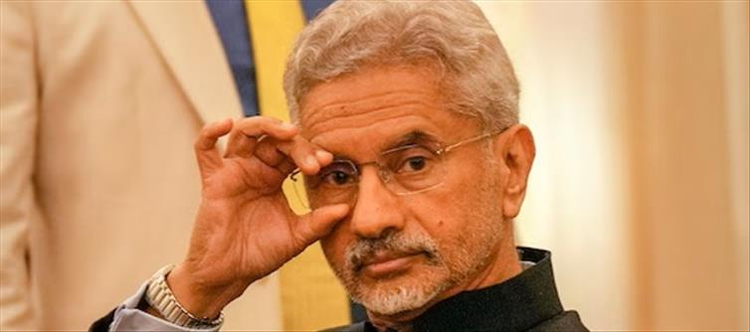
S. Jaishankar's statement—"Differences should not become disputes and competition should not become conflict"—is diplomatically crafted to sound balanced, but it invites criticism due to its soft approach toward china, given the reality on the ground.
Where Jaishankar's Statement Fails:
Underplays Chinese Aggression
The statement makes it seem like india and china are on equal footing in the dispute, ignoring the fact that china has been the aggressor in multiple instances (e.g., Galwan Valley clashes, continued border transgressions in Arunachal Pradesh and Ladakh).
The phrase “differences should not become disputes” sounds unrealistic when china has already made disputes out of these differences by violating agreements and altering the status quo.
Weakens India's Position
By calling the situation mere "competition," jaishankar dilutes the national security concerns related to China’s expansionist policies.
It also signals diplomatic hesitation at a time when other major powers (like the US, Japan, Australia) are openly confronting China’s tactics.
Contradicts India's Ground Reality
India has been militarizing the LAC, investing in infrastructure, and engaging in military standoffs, yet Jaishankar’s words make it sound like india is still hoping for diplomatic reconciliation, which china has repeatedly ignored.
The recent renaming of places in Arunachal Pradesh by china and Beijing’s aggressive moves are clear indications that china is not treating this as a mere difference or competition.
Why This Statement is Controversial
Soft Power vs. Hard Reality: Many critics see this as an attempt to appease china diplomatically while ignoring the harsh realities of border tensions.
Public & Opposition Reactions: Such statements can be seen as contradicting India's nationalist stance on sovereignty, inviting criticism from opposition parties and national security analysts.
Message to China: It might signal weakness rather than deterrence, emboldening china to continue its salami-slicing tactics along the border.
Jaishankar’s diplomatic choice of words seems out of touch with ground realities and India's hardline stance on national security. While diplomacy is essential, such vague and pacifying statements can undermine India’s position on the global stage—especially when china has shown no interest in de-escalation.




 click and follow Indiaherald WhatsApp channel
click and follow Indiaherald WhatsApp channel